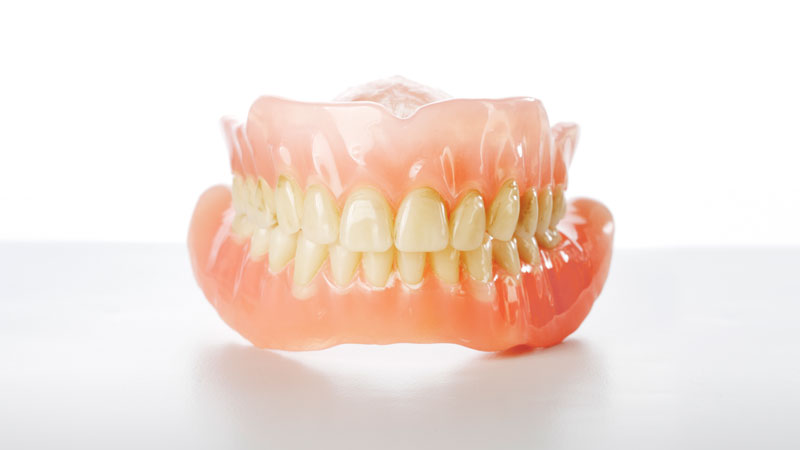
Over 50 % of Americans (that’s approximately 64.7 million people!) have periodontitis. Periodontitis is an advanced type of gum disease that damages the soft tissues and destroys the bone that supports your teeth. It can cause serious tooth loss and even cause heart attacks and strokes. You may have periodontitis if you have sores inside your mouth on your gums, loose teeth, receding gums, chronic bad breath, or red tender gums. Causes of periodontitis can be any or all of the following:
-
Smoking
Regular smokers are 50% more likely to develop gum diseases like periodontitis. It also discourages the efficiency of treatments to get rid of gum disease.
-
Hormonal changes in women
Pregnancy, puberty and menopause all cause hormonal changes in the body. These changes can cause drops or spikes in certain hormones, maximizing the risk of gum disease.
-
Diabetes
Patients with diabetes are more susceptible to contracting infections, which is why they suffer from more tooth and gum problems than the average American.
-
AIDS
Immune system deficiencies make it harder to fight off diseases, so people with AIDS are more likely to suffer from gum disease.
-
Cancer
Cancer, and some forms of cancer treatments can cause periodontitis. Chemotherapy attacks the immune system, making your body less able to fight off gum disease.
-
Drugs
Drugs that reduce saliva are linked to periodontitis and gingivitis. Saliva helps fight against the beginning signs and causes of periodontitis.
-
Genetics
Some people are more genetically prone to suffer from gum diseases such as periodontitis and gingivitis.
Periodontitis can form in many ways. Most commonly, it starts with plaque buildup. Plaque is described as a pale-yellow biofilm that naturally develops on the teeth. It is formed by bacteria that tries to attach onto the tooth’s surface. Brushing your teeth can help get rid of plaque but within a day it will most likely re-develop. When plaque is not removed within a few days, it creates tartar. Tartar is not as easily removed. Getting rid of tartar usually takes a professional because you cannot easily do it yourself. Plaque can not only damage your teeth, but the surrounding tissue and gums as well. At this point, gingivitis will develop.
Gingivitis creates gum inflammation around the base of the teeth, causing much pain and discomfort. When gingivitis becomes persistent, it will then create small pockets between the teeth and gums. These pockets begin to build up bacteria because they are not able to be reached and cleaned. This bacteria and other developing toxins will begin to destroy the bone and connective tissue that hold the teeth in their place. The teeth effected will then become loose and can even, in extreme cases, fall out.
There are many ways to prevent gum disease like periodontitis. Brushing your teeth twice a day or after meals is the first step. Brushing teeth after meals helps to remove food debris and plaque that may be trapped between your teeth and gums. Brushing your tongue helps too. Your tongue holds a lot of unwanted and unneeded bacteria. Flossing once a day can remove food particles and plaque along the gum line. Floss is best for getting in between the areas that your toothbrush can’t easily reach. After brushing and flossing, using mouthwash can greatly help prevent gum disease by removing any remaining food debris that brushing and flossing both missed. Lastly, you should schedule regular cleanings with your trusted Livermore Hills dentist! They can help prevent tartar buildup!
